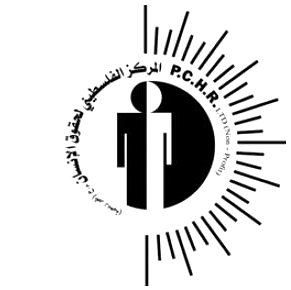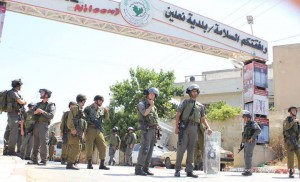Tag: Night Raid
-
Israeli Forces use excessive force killing Palestinian civilian in Qabatya village near Jenin
31st October 2013 | Palestinian Center for Human Rights | Qabataya, Occupied Palestine In an excessive use of force, on Thursday morning, 31 October 2013, Israeli forces killed a Palestinian civilian in Qabatya village, southeast of the northern West Bank town of Jenin. According to investigation conducted by the Palestinian Center for Human Rights (PCHR),…
-
Israeli soldiers blocking the entrances of Ni’lin village
28th October 2013 | Ni’lin Village | Ni’lin, Occupied Palestine Since last week the village of Ni’lin is being targeted daily by midnight raids from the Israeli occupation forces. The soldiers have been shooting tear gas into people’s homes while they are sleeping. Only two people have been arrested but ten houses have been invaded…
-
Army intimidate village ahead of an illegal land grab
26th August 2013 | International Solidarity Movement, Nablus Team | Bruqin, Occupied Palestine Today, Monday 26th August, Israeli occupation forces invaded the village of Bruqin in the early hours of the morning. The Israeli army then proceeded to enter twelve houses and arrest 11 young men from the village. The men were aged between 18…



